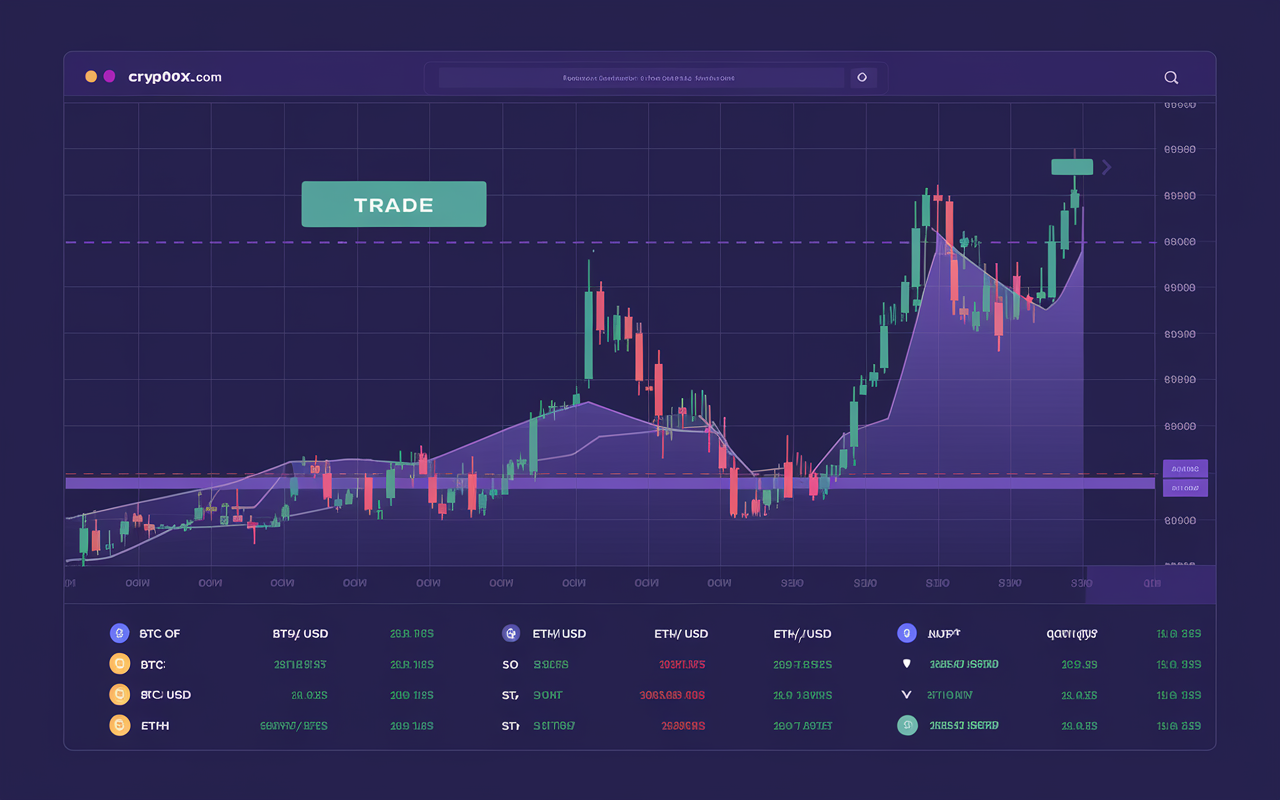DeFi farming (decentralized finance farming) has become one of the most popular ways to earn income in the cryptocurrency space. By providing liquidity to decentralized exchanges, staking tokens, or participating in various yield farming protocols, users can generate passive income. However, maximizing rewards requires not only smart strategy but also careful attention to timing — especially when it comes to key events like airdrops, snapshots, protocol upgrades, and token unlocks.
This is where a crypto calendar becomes an indispensable tool. A crypto calendar is a specialized platform that collects, organizes, and notifies users about important dates and events within the crypto ecosystem. For DeFi farmers, this means having timely information to plan their actions effectively and avoid missing out on lucrative opportunities.
Tracking airdrops and snapshots — catching free tokens
Many DeFi projects use airdrops to reward loyal users or incentivize participation. Airdrops distribute free tokens to holders or active participants, but often require users to hold tokens at a specific moment — the snapshot. Snapshots freeze wallet balances at a certain block height or time, determining who qualifies for the airdrop.
Without tracking snapshots, a farmer risks missing the eligibility window. A crypto calendar provides precise snapshot dates, giving farmers the chance to increase their holdings, interact with the protocol, or stake tokens just before the snapshot. This proactive approach ensures users receive airdrops and boosts overall farm profitability.
For example, popular DeFi projects like Uniswap or SushiSwap have historically rewarded users with airdrops, significantly increasing their portfolio value for those who prepared in advance.
Timely participation in protocol upgrades and hard forks
DeFi protocols are constantly evolving, rolling out upgrades, improvements, or hard forks that can change the rules of farming, offer new incentives, or introduce new pools. Missing an upgrade can mean losing eligibility for extra rewards or even becoming vulnerable to bugs or security risks in outdated versions.
A crypto calendar helps farmers stay on top of these changes by providing advance notices of protocol updates. With this information, farmers can plan migrations to new pools, adjust staking strategies, or claim bonuses associated with upgrades. Staying informed protects capital and maximizes yield opportunities.
Planning liquidity and exit strategies around unlocks and changing conditions
Token unlocks — when previously locked tokens become available for sale — can dramatically affect market dynamics and farm profitability. Unlocks often lead to increased selling pressure, impacting token prices and liquidity. DeFi farmers who monitor these events can adjust their positions, for instance, by withdrawing liquidity early, reallocating funds to more stable pools, or hedging risks.
Similarly, changes in farming conditions such as reduced rewards, altered fee structures, or modified lock-up periods require quick adaptation. The crypto calendar consolidates these announcements, enabling farmers to optimize timing and avoid losses.
Notifications, integrations, and automation for better timing
Modern crypto calendars are equipped with notification systems that deliver alerts through Telegram, email, or mobile apps. Some even integrate with Google Calendar or other personal organizers, ensuring that important events are never overlooked.
By automating reminders, farmers can reduce the risk of missing critical windows and focus on executing their strategies. These tools empower users to react quickly to market-moving events, maximizing returns while minimizing exposure to volatility.
Conclusion: Why every DeFi farmer needs a crypto calendar
In the fast-paced and ever-changing DeFi landscape, staying informed is not just an advantage — it’s a necessity. A crypto calendar serves as a centralized hub for all essential events, enabling farmers to:
● Prepare for and participate in airdrops and snapshots
● Adapt to protocol upgrades and hard forks
● Manage liquidity and exit strategies around token unlocks and farming rule changes
● Receive timely notifications and stay ahead of the curve
By incorporating a crypto calendar into their toolkit, DeFi farmers can minimize missed opportunities, reduce risks, and significantly increase their chances of earning consistent and substantial rewards.






